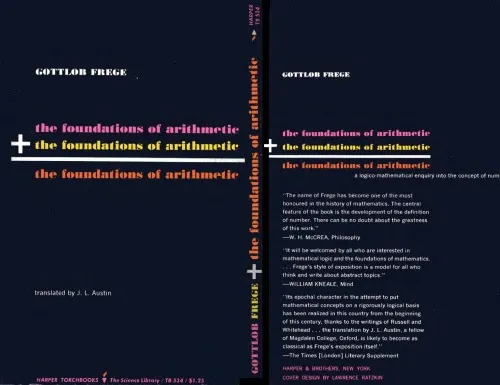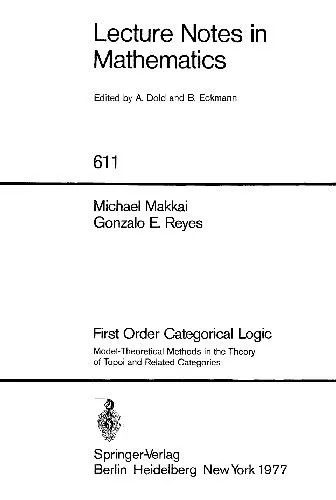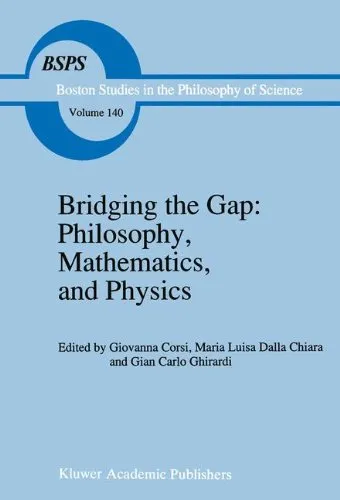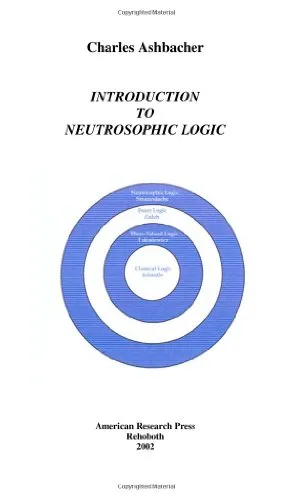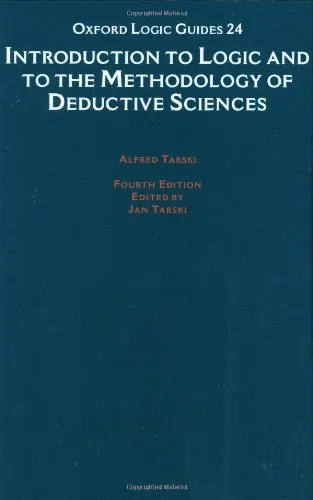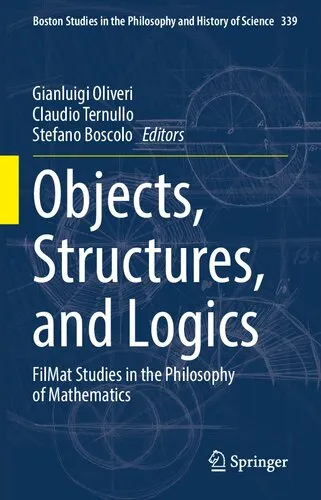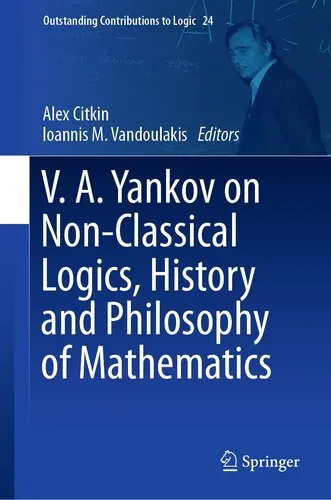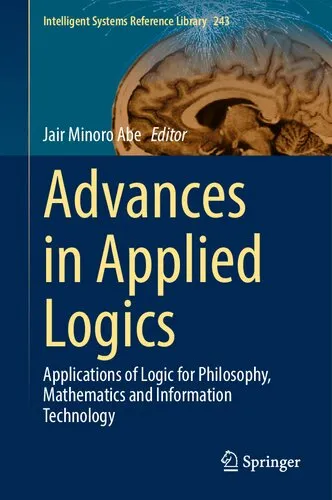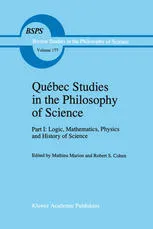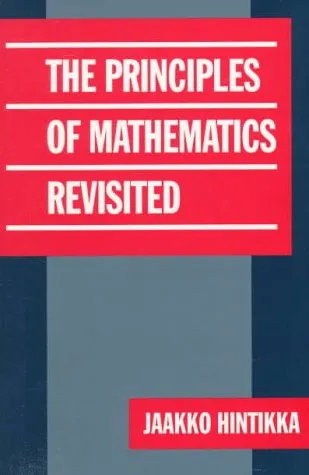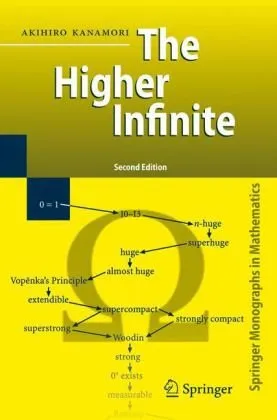Phenomenology, Logic, and the Philosophy of Mathematics
4.4
Reviews from our users

You Can Ask your questions from this book's AI after Login
Each download or ask from book AI costs 2 points. To earn more free points, please visit the Points Guide Page and complete some valuable actions.Related Refrences:
Introduction to "Phenomenology, Logic, and the Philosophy of Mathematics"
"Phenomenology, Logic, and the Philosophy of Mathematics" is a profound exploration into the intersection of phenomenology and mathematical philosophy, penned by Tieszen R. This book delves deep into the intricate ways that phenomenology—a branch of philosophy focused on human experience and consciousness—interacts with and enhances the understanding of mathematics and logic.
Detailed Summary of the Book
This comprehensive work is divided into several thought-provoking chapters, each providing a unique lens through which to view the convergence of phenomenology and mathematical thought. The book begins by exploring the historical context, tracing the philosophies of Edmund Husserl and his influence on the perception of logic and mathematics as experiences derived from the human mind. Tieszen then meticulously articulates how phenomenological methods can shed light on foundational issues in mathematics, such as the nature of numbers, abstraction, and the infinite.
Tieszen's approach is both philosophical and mathematical, bridging the gap between abstract theoretical concepts and practical mathematical reasoning. Through careful analysis, the book investigates the role of intuition in mathematical thought processes and challenges existing logical paradigms by offering insight through a phenomenological perspective. Furthermore, it discusses the implications of this intersection for mathematical realism and anti-realism debates, contributing significantly to ongoing discussions in the philosophy of mathematics.
Key Takeaways
- The importance of phenomenology in providing a deeper understanding of mathematical foundations.
- An exploration of how consciousness and human experience play a critical role in shaping mathematical concepts and logic.
- Insights into the potential of phenomenology to tackle longstanding mathematical and philosophical dilemmas.
Famous Quotes from the Book
Throughout "Phenomenology, Logic, and the Philosophy of Mathematics," Tieszen offers numerous thought-provoking statements that capture the essence of his arguments:
"To truly grasp the nature of numbers, one must look beyond the symbols and operations to the experiences and intuitions that give rise to them."
"Phenomenology provides a lens through which the infinity of mathematics becomes less an abstract construct and more a lived reality."
Why This Book Matters
"Phenomenology, Logic, and the Philosophy of Mathematics" is not merely an academic text; it is a critical intellectual endeavor that challenges conventional approaches to mathematics and logic. This book is essential for philosophers, mathematicians, and students interested in the philosophical underpinnings of mathematical thought. By emphasizing the human elements of mathematics, Tieszen's work encourages readers to see mathematics not just as a set of rules and structures, but as a dynamic and evolving field deeply rooted in human experience and understanding.
In an era where mathematics often feels abstract and disconnected from daily life, Tieszen reminds us of the profound connections between our cognitive processes and mathematical insights. Readers are invited to reconsider and expand their appreciation for how phenomenology can enrich and elevate mathematical discourse, encouraging a more nuanced and comprehensive understanding of this discipline.
Free Direct Download
You Can Download this book after Login
Accessing books through legal platforms and public libraries not only supports the rights of authors and publishers but also contributes to the sustainability of reading culture. Before downloading, please take a moment to consider these options.
Find this book on other platforms:
WorldCat helps you find books in libraries worldwide.
See ratings, reviews, and discussions on Goodreads.
Find and buy rare or used books on AbeBooks.
1241
بازدید4.4
امتیاز0
نظر98%
رضایتReviews:
4.4
Based on 0 users review
Questions & Answers
Ask questions about this book or help others by answering
No questions yet. Be the first to ask!

